Somehow I always have false memory but it's always the "good" way I guess, like I think something is off but it's actually on
7 Weird Tricks Our Brains Play on Us Without Us Even Realizing It
With that in mind, we at Bright Side delved into the science behind some of these tricks our brains sometimes play on us and found some information worth sharing with our readers.
1. Barnum effect

The first psychological phenomenon is called the Barnum effect, otherwise known as the Forer effect. This happens when people believe that personality descriptions apply specifically to them, even though it’s actually filled with generic information that applies to almost everyone or that everyone can relate to. Good examples of this are fortune cookies, horoscopes, and online personality tests.
2. Illusion of transparency
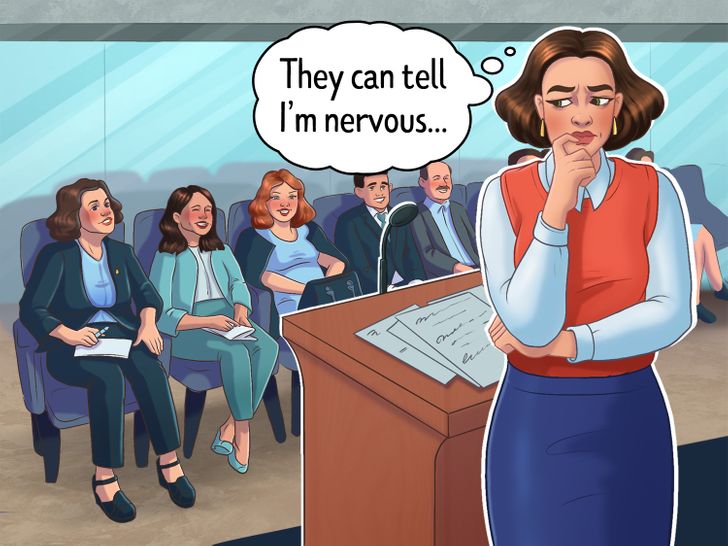
When we feel powerful emotions, we sometimes may think it’s obvious to others, especially to those who know us well. The difference between our experience and what other people pick up on is known as the illusion of transparency. This illusion can cause people who feel anxious about public speaking to believe their nerves are going to be noticed by others, but in reality, nobody can tell.
3. Freudian slips

Have you ever meant to say one thing but instead said something completely different? This commonly occurs when you’re talking, but it can also happen when writing or typing. This is called a Freudian slip or parapraxis; or most commonly, a classic slip of the tongue. According to the famous neurologist and founder of psychoanalysis, Sigmund Freud, parts of the unconscious mind sometimes slip into conscious behaviors, and this makes you say things that you didn’t necessarily intend to.
For example, a child who calls their teacher “Dad” is just transitioning from spending most days with their father to spending most of the day with their teacher. Or when a woman might mean to tell her friend that she’s in love with Daniel, but instead of saying Daniel, she might say the name of her ex-boyfriend instead by mistake. Because of this, the friend might then assume that she is still in love with her ex-boyfriend.
4. Availability heuristic

The availability heuristic, or availability bias, is a mental shortcut based on quick examples that come to mind when analyzing a particular topic, subject, or decision. This can commonly come into play during decision-making. So, after seeing several news reports about car theft, you might make a judgment that vehicle theft is much more common than it actually is in your area.
5. False memory
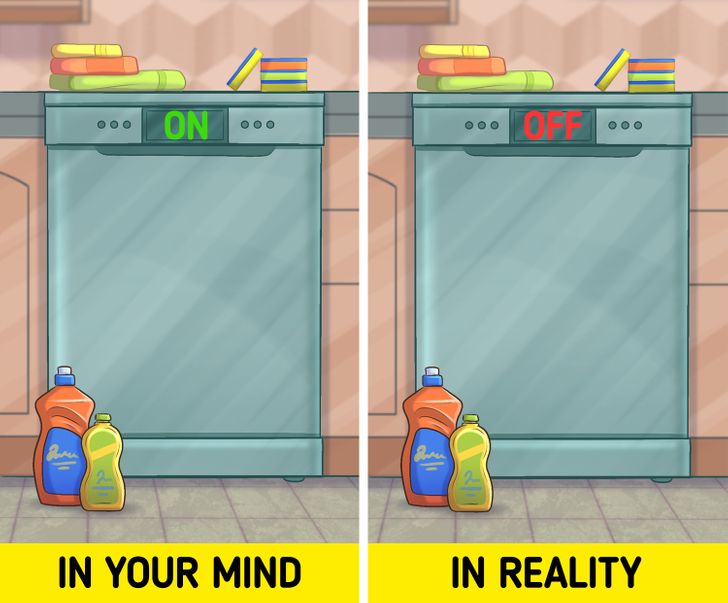
Our memory is more fragile and vulnerable to influence than we may think. It’s not just a recording of something that occurred in the past — the things we remember can change depending on how and when we remember them. This is how false memories happen. A false memory is something that seems real to you but is made up by your mind.
An example: believing you started the dishwasher before you left the house, only to come back and find out you actually didn’t.
6. Ironic process theory

Most of us have likely had thoughts that we simply didn’t want to have — perhaps an unfortunate event or an embarrassing moment. Also, it feels like the more we try to suppress those thoughts, the more they come to mind. There is an actual name for this, known as ironic process theory. A classic example is if we tell ourselves not to think about a white bear or a blue cat, that’s probably what pops into our mind.
7. Attention residue
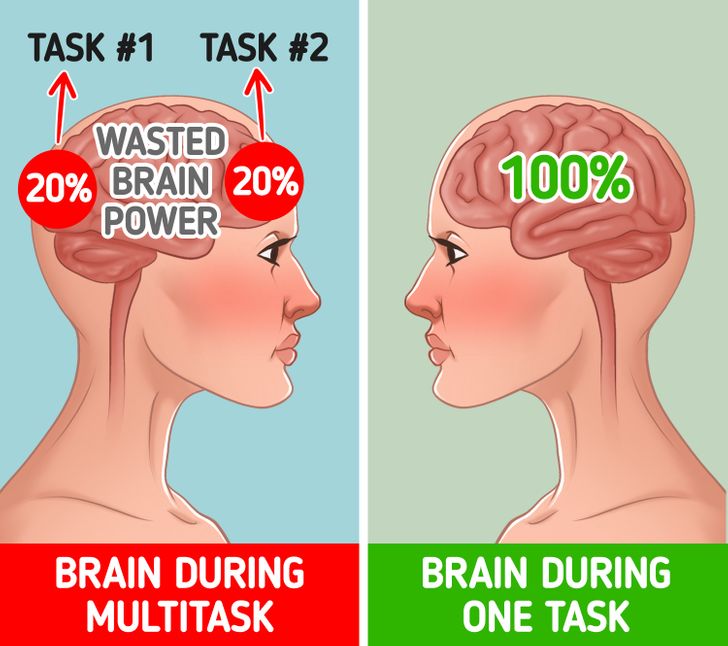
You may think you have a short attention span, but there’s a chance you’re experiencing what is known as “attention residue.” Basically, this happens when our attention is gradually watered down over the course of a day as we move from task to task without actually completing any of them. It then becomes difficult to give anything our complete focus. To combat this, try to create a schedule and set times for your tasks.
Have you or anyone you know ever experienced any of these phenomena?
Bright Side has its own podcasts now. Take cool articles with you and listen to new stories whenever and wherever you want.
Comments
I have this with my car, I always think I didn't lock it but then I run back and it's always locked
wow this is something my dad does aswell, is it common?
my girlfriend also says this about her dad, I think it's something males do 🤣🤣
Related Reads
Why Doors in Public Bathrooms Don’t Reach the Floor

20+ People Who Just Wanted to Take a Picture but Got a Renaissance-Like Masterpiece

10 Early Signs That Your Partner Will Break Your Heart

I Discovered My Son Is Not Mine After Catching My Sister Breastfeeding Him

People Shared 15 Awkward Moments That Made Their Stomach Drop

16 People Who Know What the Drama of the Neighborhood Is All About

17 Friendships That Didn’t Stand the Test of Life
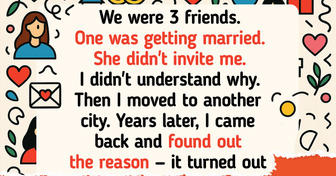
13 Families Who Could Star in Their Own Dramatic Soap Opera

14 People Share Moments They Want to Erase from Their Memory

14 Stories of Sudden Realizations That Crushed People’s Realities

10+ True Stories of People Finding Out Their Partner Was Cheating
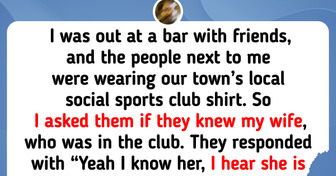
My DIL Disobeyed My House Rules — I Made Her Regret It
